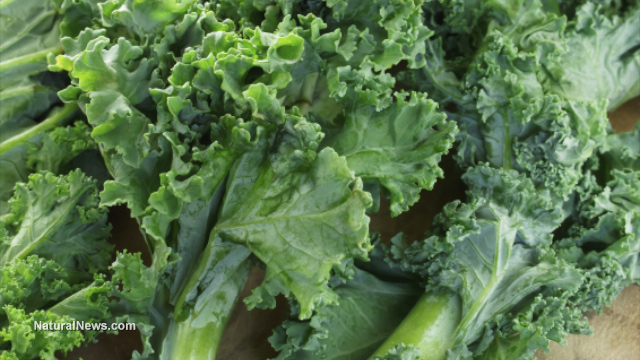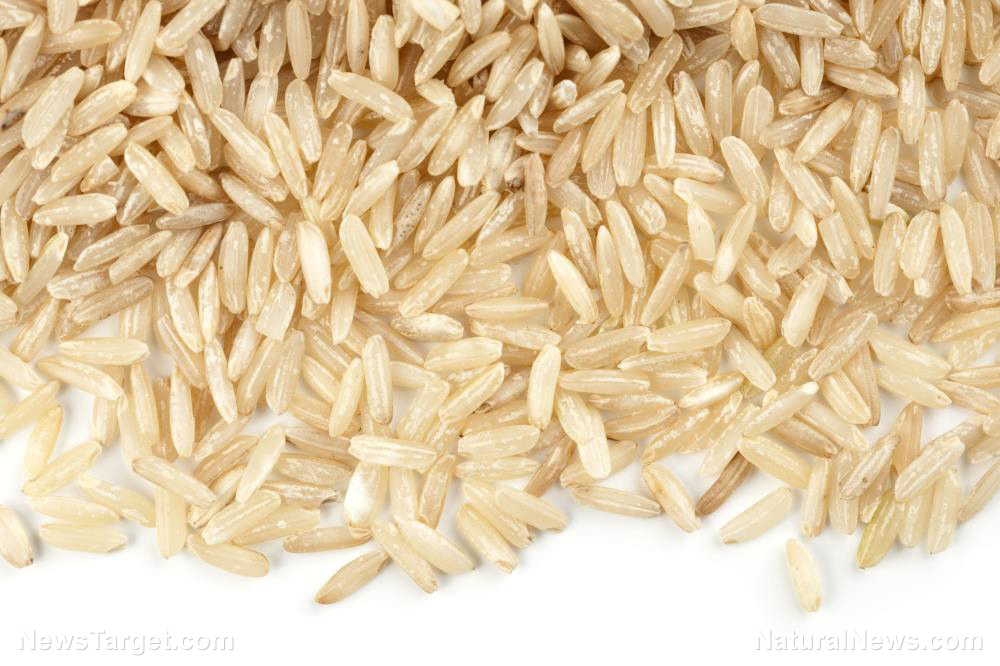Good for your health AND the planet: Why the Mediterranean diet is an environmentally-friendly option
10/01/2018 / By Michelle Simmons

If you are looking for a diet that’s not only delicious and easy to prepare but is also good for your health and the environment, the Mediterranean diet is the right one for you. Adherence to this type of diet is environmentally-friendly because it lowers environmental cost, according to a study published in the journal Public Health Nutrition.
In the study, researchers from the University of Navarra in Spain and Loma Linda University in the U.S. analyzed the impact of adherence to the Mediterranean diet on land, water, energy use, and greenhouse gas emission. They evaluated the dietary patterns of more than 20,000 Spanish participants in the Seguimiento Universidad de Navarra (SUN) cohort. The participants completed a questionnaire regarding their food intake. The foods they consumed were classified on a scale as leaning more or less to a Mediterranean dietary pattern. Then, the researchers assessed the impact of each food item on water, land, energy use, and greenhouse gas emission.
Based on the findings of the study, better adherence to the Mediterranean diet was linked to lower land use, water consumption, energy consumption, and greenhouse gas emission. The researchers concluded that the Mediterranean diet is an eco-friendly diet choice as it uses less land, water, and energy, and produces fewer greenhouse gases.
Tips on starting to adhere to the Mediterranean diet
Some people may think that the Mediterranean diet as an expensive kind of diet. The truth is that you do not have to buy or import expensive food items like artichokes or salmon, just eat those that are in season and locally available. If trying to adhere to the Mediterranean style overwhelms you, here are seven tips to help you start:
- Use olive oil for cooking: One of the reasons why the Mediterranean diet is considered healthy is because of olive oil. This type of oil is packed with monounsaturated fatty acids that help improve good cholesterol levels. You can use olive oil in homemade salad dressings and vinaigrette or drizzle it on finished dishes like fish or chicken to enhance flavor. When cooking mashed potatoes, pasta, and other dishes, use olive oil instead of butter.
- Consume more fish: The main source of protein in the Mediterranean diet is fish. Aside from salmon, fatty fish like sardines and mackerel are also emphasized in this diet. These contain omega-3 fatty acids that are good for both the heart and brain. Leaner fish and those that have less fat, such as cod and tilapia, are also good sources of protein. If it is difficult to incorporate fish every day, aim to eat fish at least once a week.
- Eat vegetables throughout the day: Although it is recommended to eat at least two servings of vegetables per day, eating more than this is better. Eat at least one serving for snacks and one at dinner.
- Eat your whole grains: Eat whole-wheat bread and pasta instead of the refined ones. Other whole grains include quinoa, barley, and oatmeal. If you find it hard to immediately replace refined foods like pasta with whole grain versions, try to mix whole grains half-and-half with a refined one. Then, slowly eliminate the refined ones in your next meals.
- Eat nuts for snacks: Among the staples in the Mediterranean diet are nuts like almonds, cashews, and pistachios. Snacking on them instead of cookies, chips, and crackers is better for the body because nuts are low in calories, added sugar, and sodium. Nuts also contain more fiber and minerals than processed snacks.
- Satisfy your sweet tooth with fruits: Instead of sugary desserts, enjoy fresh fruits. Always have fruits at home or at work to prevent yourself from digging into unhealthy sugary desserts whenever you crave something sweet.
- Drink wine: Drinking wine in moderation is part of the Mediterranean diet. You can drink it with a meal, but limit it to a three-ounce serving per day if you’re a woman, and a five-ounce serving if you’re a man.
Read more news stories and studies on the Mediterranean diet by going to Detox.news.
Sources include:
Tagged Under: diet, eco-friendly, energy, environ, environment, environmental impact, food science, Foods, greenhouse gases, land, Mediterranean diet, research, resource use, water



















